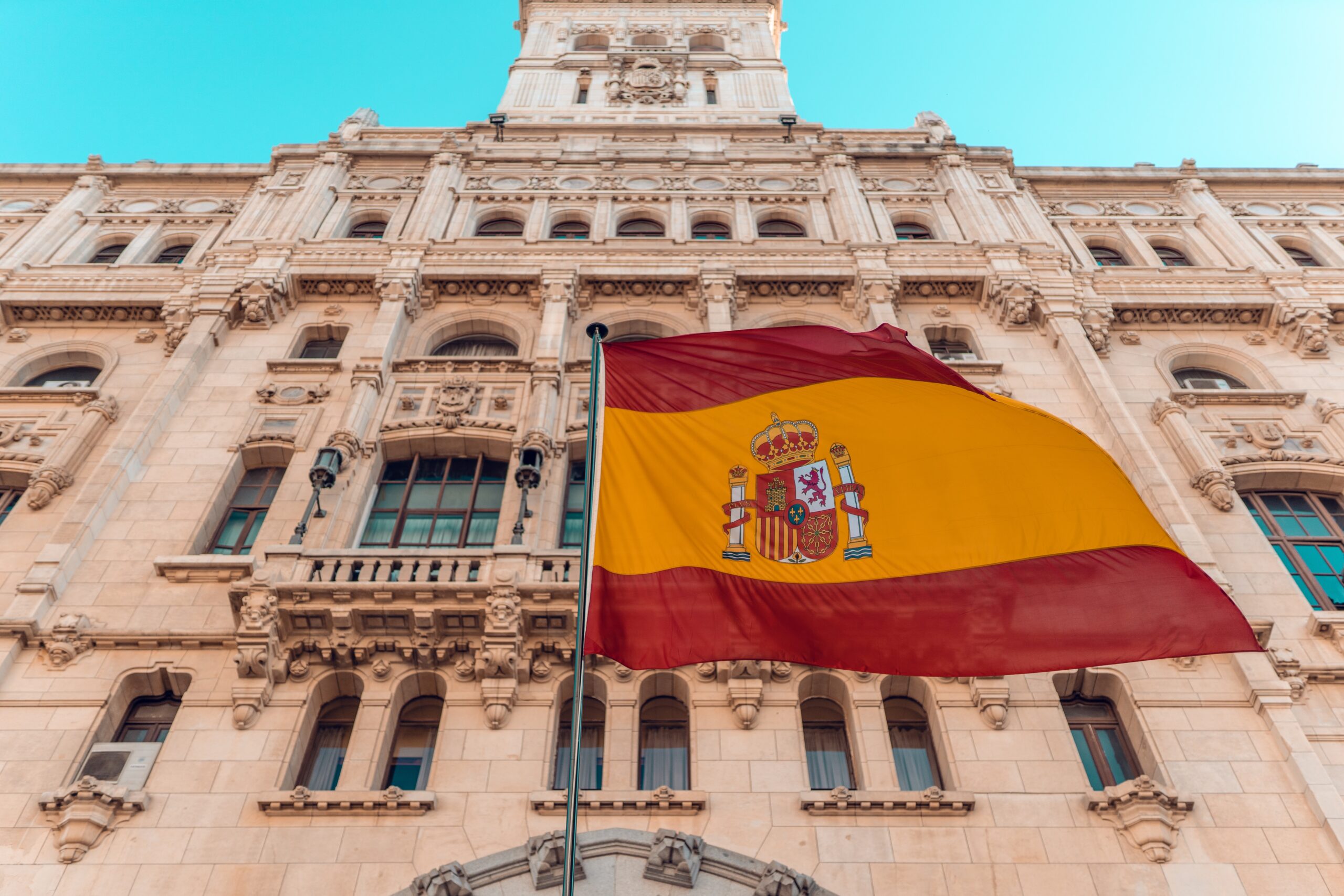“I had no father, I am like no father; / I have no brother, I am like no brother; / And this word ‘love,’ which graybeards call divine, / Be resident in men like one another / And not in me—I am myself alone.” –Richard, Duke of Gloucester The Duke of Gloucester, the son of the late Richard, Duke of York, gunning for the English crown with the kind of psychopathic ruthlessness making him a fit rival of the other merciless Shakespearean villain—Iago—this Richard of 3HenryVI is more creature than creator, in the terms of Friedrich Nietzsche. By the end of the play, he is murdering the titular king and…
-
-
One of the common but unspoken phenomena to which humans everywhere are susceptible—especially those that have bottomed out after finding that life has very few stable guideposts for the individual—is that of existential despair, which takes as many forms as there are individuals. But while the forms are many, the phenomenon itself is constant; it underlies its various manifestations. It is not strictly universal, since not everyone experiences it—rather than a common malady such as the measles or the flu, it is a kind of despair available to those that have provoked the hidden foundations of their lives, that have been too curious about what lies beneath routine and the…
-
I Years before the onslaught of a madness that was to incapacitate him, voiding his intellect like the snapping of a high wire of isolation and brilliance, Friedrich Nietzsche wrote a book by the name of The Gay Science featuring the parable of the madman leaping into the marketplace, bearing a lantern in the morning hours. Its echoes, reverberating through the decades to come, would sound across the wasteland of the twentieth century whose cruelty and slaughter would eclipse all conceptions of the 19th-century imagination: “The madman jumped into their midst and pierced them with his eyes. ‘Whither is God?’ he cried; ‘I will tell you. We have killed him—you…
-
“One day, when in the opinion of the world one has long been educated, one discovers oneself: that is where the task of the thinker begins; now the time has come to invoke his aid—not as an educator but as one who has educated himself and thus has experience.” –Friedrich Nietzsche Like many of those suffering through the dry, endless, prosaic hours of the classroom, I struggled during the years of my education to pay attention to what the teacher had demanded, cajoling schoolchildren that had long since divided themselves into the tiers of institutional excellence: the obsequious and the fawning, the girly brown-noses, the front-rowers, the A-students; the middle…









